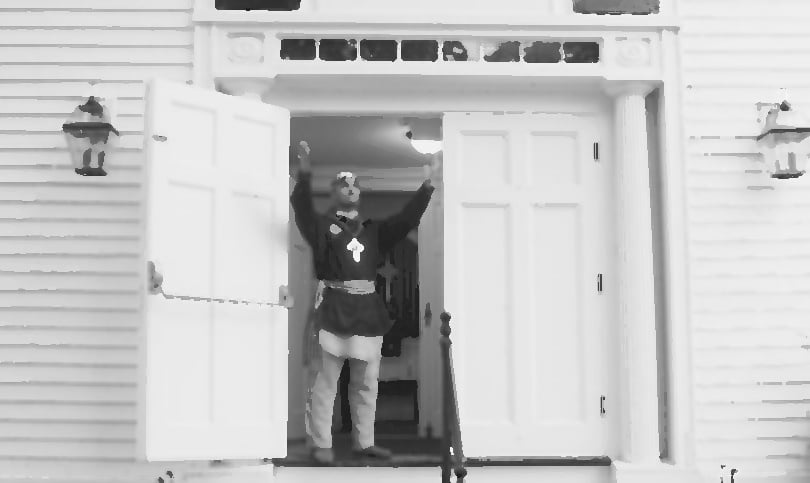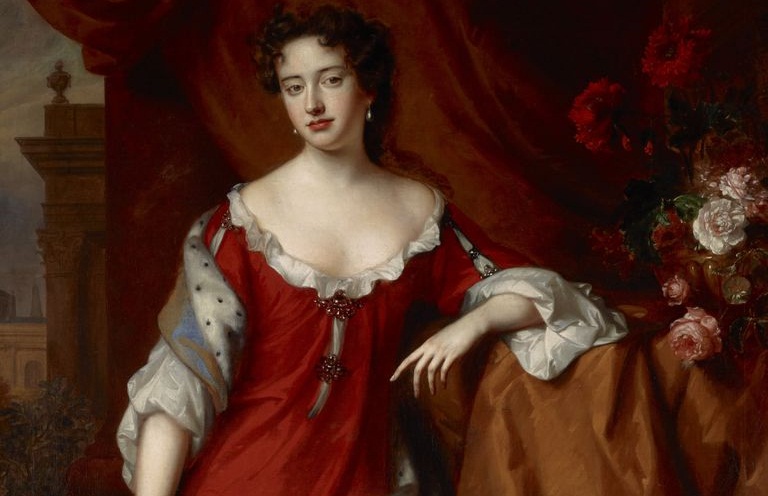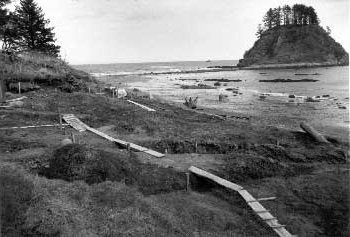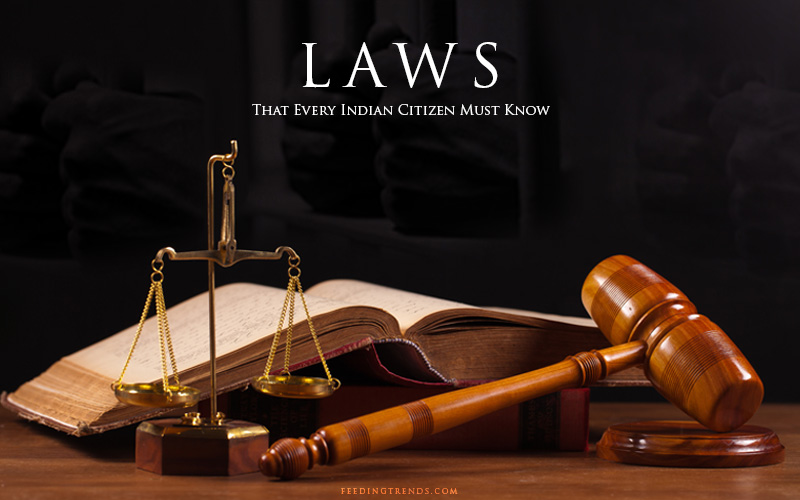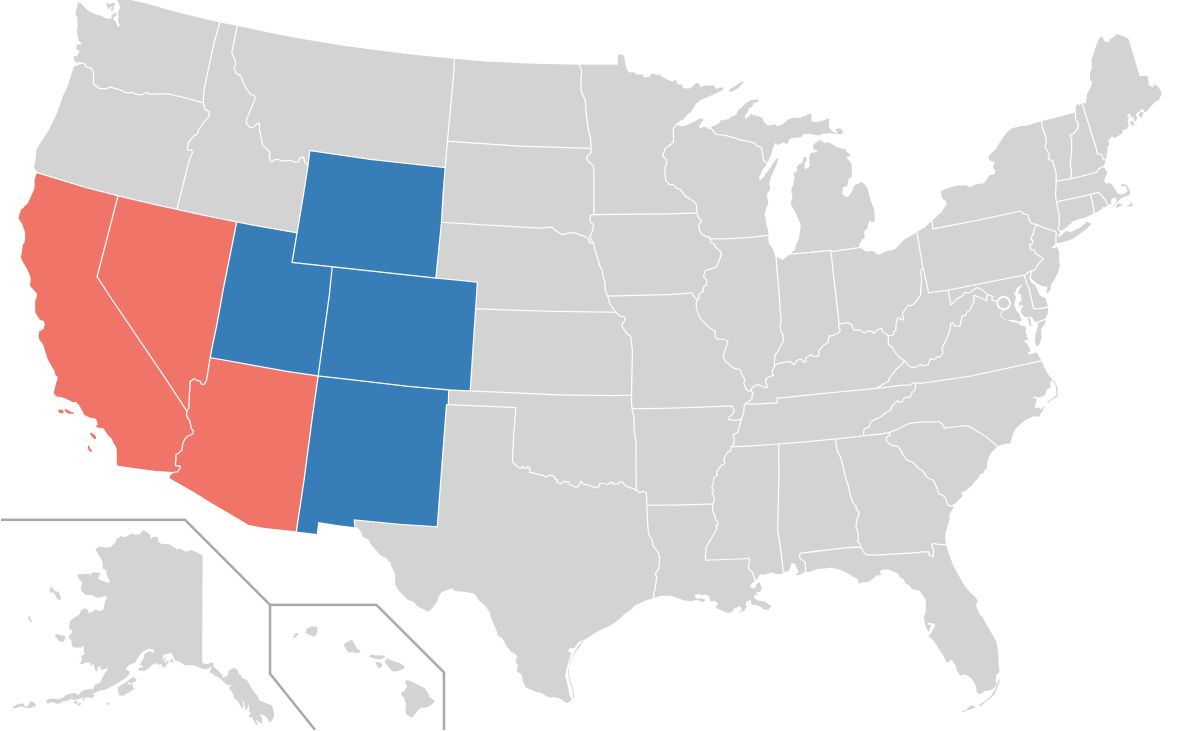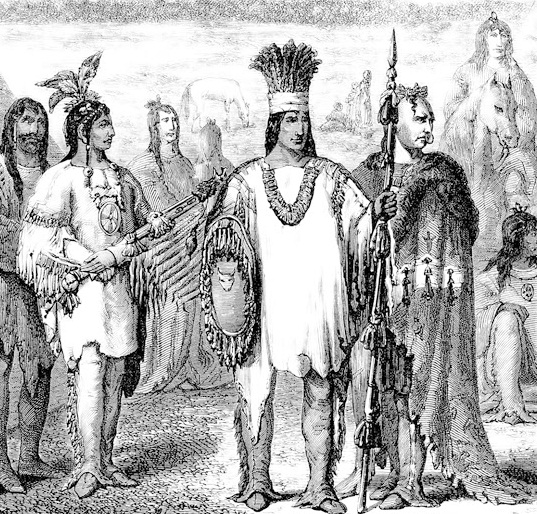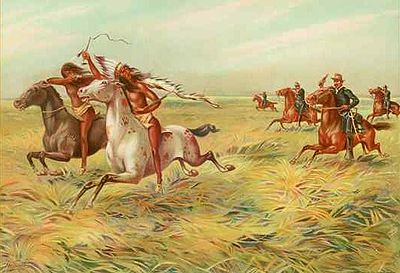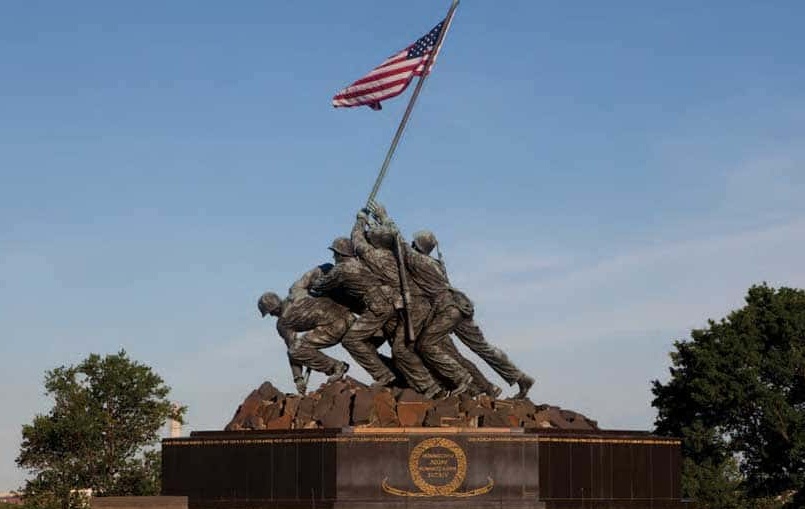Natick, A Christian Indian Village in Massachusetts
The English colonists in Massachusetts were sometimes conflicted with regard to Indians. Many colonists, viewing the New World as a wilderness, felt that Indians impeded civilization and like other wild animals, such as wolves and coyotes, should be exterminated. There were also a few who viewed Indians as potential souls to be harvested in the … Continued
